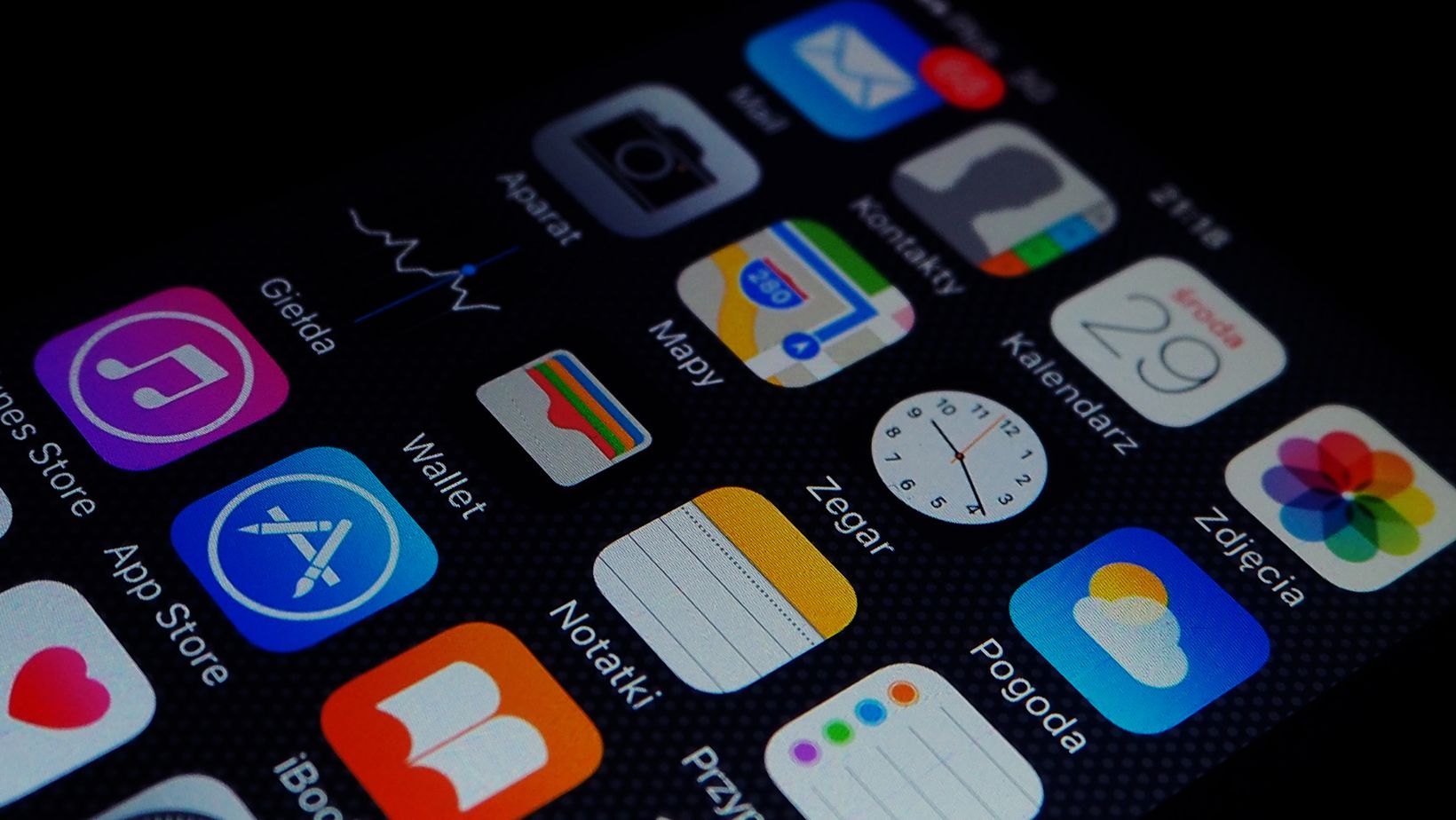
Some iPhone owners skip system updates. They think, “It works fine now,” or “I’ll do it next week.” Weeks become months. Then suddenly… trouble. System updates look boring, but they silently protect, sharpen, and future-proof your everyday device. Visit vpnly.com for more information
Security: The Invisible Wall That Keeps Things Out
A major reason to stay updated is security. Updates plug holes. Hackers search for outdated iPhones because they know weaknesses haven’t been patched. In 2023 alone, 57% of mobile breaches involved unpatched systems.
Tip: Under Settings → General, check for updates monthly—doing so protects your data more effectively than any app.
Alongside this, using a VPN for iOS while traveling or on public Wi-Fi can add an extra layer of protection. If you activate an iPhone VPN, you can avoid surveillance, buy plane tickets and pay for subscriptions cheaper, and most importantly – be safe. Yes, not all VPN apps are equal, but if you choose a VPN service from the TOP-10, you will not go wrong.
Performance: Faster, Cleaner, Smarter
New system releases often speed things up. Apps load faster. Multitasking feels smoother. Behind the scenes, code improvements remove unnecessary background tasks. Sometimes it’s subtle. Other times, your battery suddenly lasts longer, because the update squeezed more efficiency from it.
Could skipping an update slow your phone down? Yes. Old firmware often struggles with newer apps. Developers design for the latest systems. That mismatch causes crashes, freezes, and unpredictable behavior.
Compatibility: When Old Software Meets New Apps
Think about the moment you download an exciting app, only to see: Requires iOS 17. System updates ensure you can use modern software. Tech companies assume you keep your phone current. Falling behind means more “incompatible” messages, less innovation, and ultimately missing tools your work, hobbies, or lifestyle may soon require.
Privacy: Don’t Let Your Personal Life Leak Away
System updates include privacy tweaks—controls that let you decide who sees what. An unpatched iPhone may share more than you realize: photos’ hidden location data, microphone access, even motion sensor patterns.
That’s not paranoia. According to industry data, over 70% of users unknowingly grant permissions they might prefer to refuse—simply because older iOS versions don’t offer newer privacy prompts. Updating ensures smarter alerts and more transparent choices.
System updates aren’t just maintenance—they’re negotiation tools between you and your device.
Added Features: Small Surprises Inside Every Version
Maybe you don’t care about the latest wallpapers or graphic effects. Even so, system updates often include features that genuinely change productivity routines—smarter note-taking tools, safer password storage, or better file-sharing systems.
Skipping those means you might grind away with yesterday’s tools, unaware that a simpler workflow already exists.
VPN will not replace regular iOS updates, but the same can be said in reverse. Even an updated iPhone, but without an iOS VPN client, is an easy target for hackers. They can monitor your actions, intercept data, and even steal money or online identity.
Battery Life: Why Your iPhone Might Be Dying Fast
Some users wrongly blame updates for battery drain. In fact, updated systems often reduce consumption through improved task scheduling.
Older firmware sometimes wakes too often, checks too much, and drains energy—even while sitting idle. Data suggests updated devices gain up to 12% longer standby time in some models.
When To Update: Strategy Instead of Guesswork
So—when should you update?
- Immediately: Security patches labeled critical (often indicated by rapid releases).
- Within 48 hours: Major seasonal versions, unless news reports show widespread bugs.
- Every quarter: Check manually, if automatic updates are turned off.
Avoid pausing updates for convenience. A 5-minute download today may save a 5-hour repair or a privacy nightmare tomorrow.
User Experience: The Subtle Difference You Only Notice Later
It’s not just about speed or security—system updates often refine the way your iPhone feels. Menus become smoother, gesture recognition improves, and small glitches that used to annoy you—keyboard lag, delayed notifications, screen stutter—vanish silently after updating. These tweaks are subtle, but over time they change how pleasant your day-to-day interactions with the device are. Developers tailor their apps for the latest iOS behavior, which means older systems gradually start to “feel wrong.” Staying current ensures you remain in sync with new design logic, so your iPhone keeps feeling like premium technology—not an outdated gadget.
Conclusion: The Habit That Saves You Trouble
It’s easy to hit “Remind Me Later.” It feels like control. But in reality, skipping iPhone system updates trades short-term comfort for long-term risk. Security gaps widen, performance degrades, and your device becomes less and less compatible with the world evolving around it.
Make updating a quiet ritual: plug in at night, connect to Wi-Fi, and tap “Install Now.” That single habit keeps your iPhone safer, faster, smarter—and ready for whatever’s coming next.













